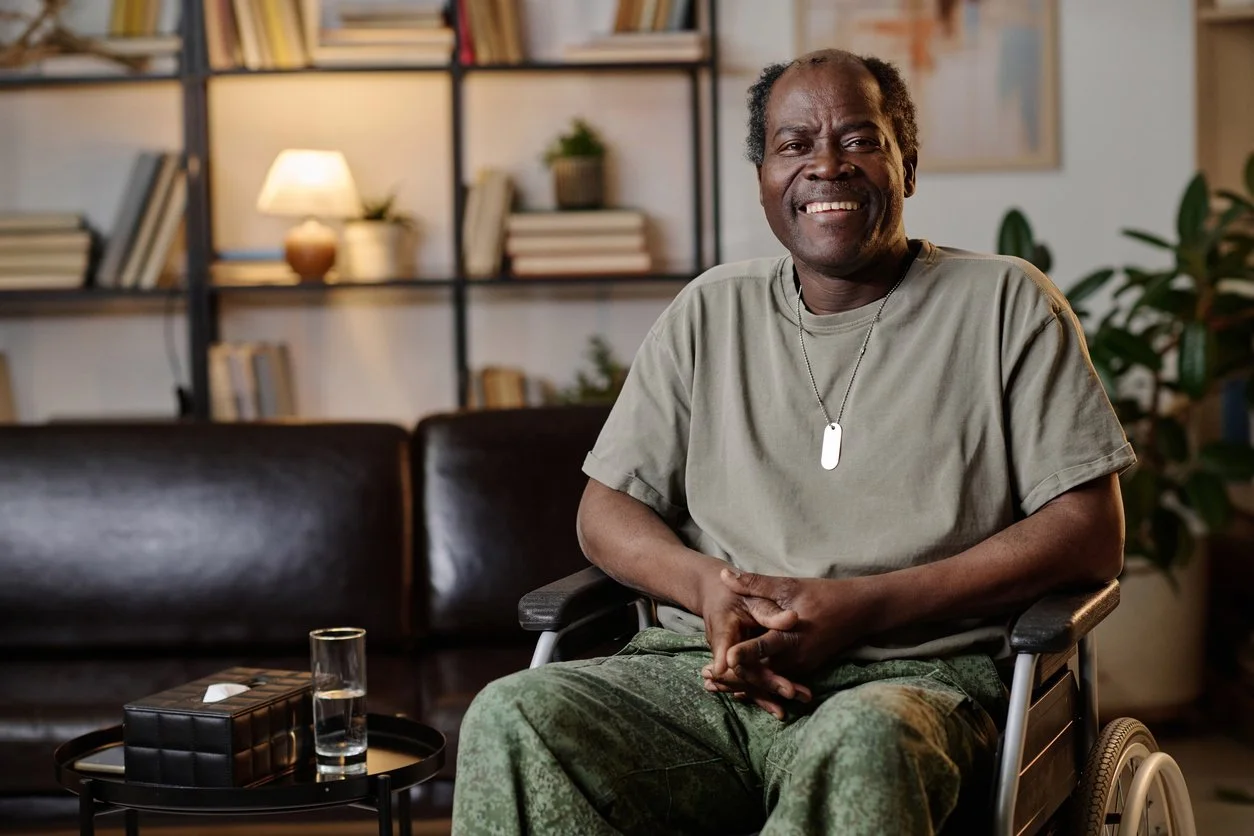Welcome to the December newsletter!
Caring for Veterans: A Harsh Reality for Some
Every year on Veteran’s Day our nation honors those who have sacrificed and served our country. Behind these veterans there are family caregivers who reflect on a very different kind of service and often feel forgotten. Life has not moved forward or gotten easier for many of our nation’s military caregivers, who are silently earning their version of a combat badge, setting aside their own goals and even their identities, long after their loved ones have made it home.
Know the signs of caregiver burnout and compassion fatigue
Being a caregiver means you provide consistent and often everyday care to a parent, partner, child, other relative, or unrelated person who is aging, ill, or disabled. It’s a responsibility that can become all-consuming and emotionally challenging, to say the least. In addition to stressful hospital stays, office visits, and a wide range of home-care responsibilities, caregiving often brings:
Alzheimer's timeline shows changes start as trickle, become torrent
A study of cells from 84 cadaver brains suggests that Alzheimer's has two distinct phases, and that one type of neuron is especially vulnerable.
"There's an early phase where there's a very slow increase in the amount of pathology," says Ed Lein, a senior investigator at the Allen Institute for Brain Science in Seattle, "then a more exponential phase where suddenly things get really bad."




